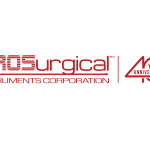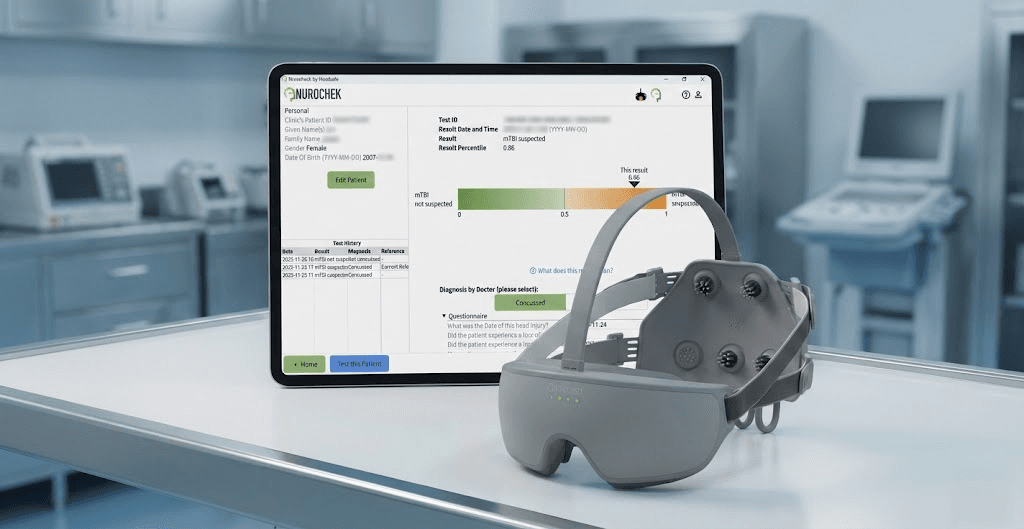MedTech Insights: Doctors Worry About AI Driving Clinical Decisions


A recent Medscape survey reveals that two-thirds of physicians express concerns about AI playing a prominent role in clinical decision-making, with many doctors viewing it as more suitable for administrative tasks rather than diagnosis and treatment decisions. This apprehension stems from fears that current AI iterations might provide flawed recommendations and increase legal liability, alongside worries about job security in the healthcare industry.
However, the survey also highlights that older doctors between the ages of 45 to 64 are more optimistic about AI’s potential, countering the assumption that younger clinicians would be more receptive to technology. This divergence in opinion could be attributed to the limited practical experience of doctors under 35, making it challenging for them to assess AI’s role in their profession comprehensively.
Interestingly, the survey found that specialists like cardiologists, anesthesiologists, and radiologists expressed greater enthusiasm for AI’s future in medicine, particularly in diagnosis and treatment. In contrast, family physicians and pediatricians were more likely to harbor concerns about AI’s impact on their roles.
Despite the reservations, many physicians acknowledge the potential for AI to alleviate tedious administrative tasks in their daily work. While there are general concerns about AI’s role in medicine, physicians show significant enthusiasm when discussing specific tasks where AI could be beneficial.
The survey also uncovered reservations about AI’s ability to communicate with patients, with one in four physicians expressing negative views in this regard. Concerns revolved around the handling of sensitive patient information and the possibility of patients relying on AI-generated information over a doctor’s recommendations.
The survey highlights the complex relationship between healthcare professionals and AI in the medical space. While there are concerns about AI’s capabilities and potential pitfalls, there is also recognition of its capacity to streamline administrative tasks and support clinical decision-making. As AI continues to evolve, understanding and addressing these concerns will be essential to integrating AI effectively into medical practice.
Read more from the original article here.













